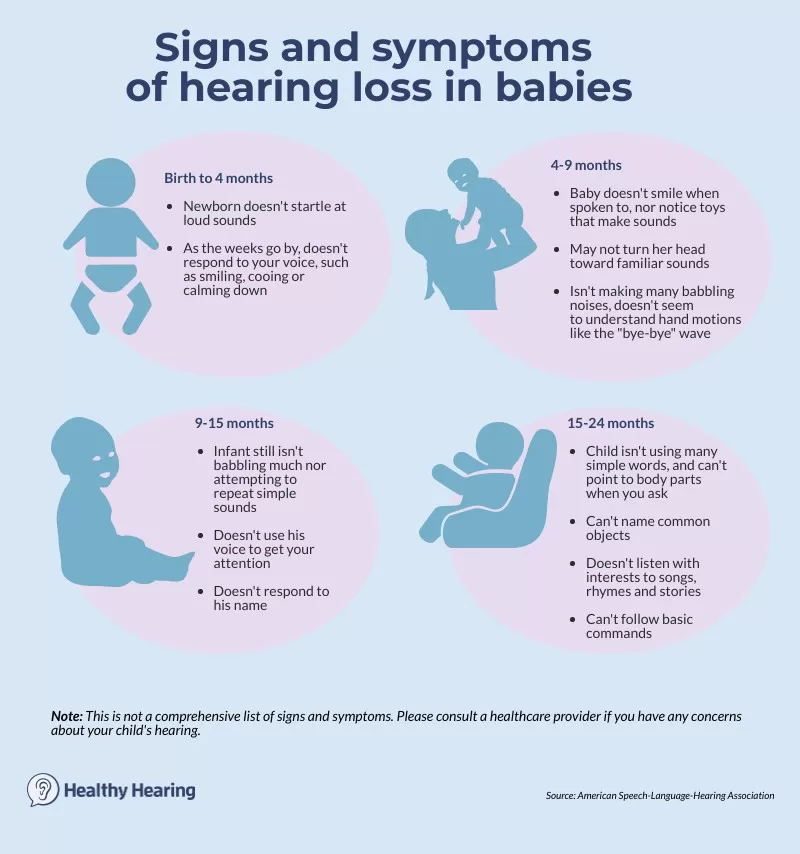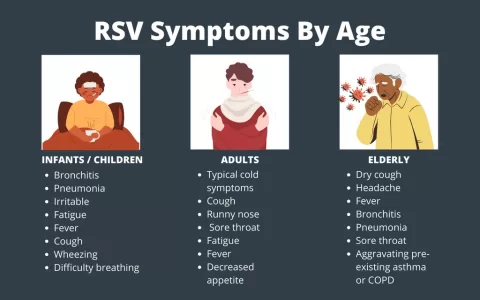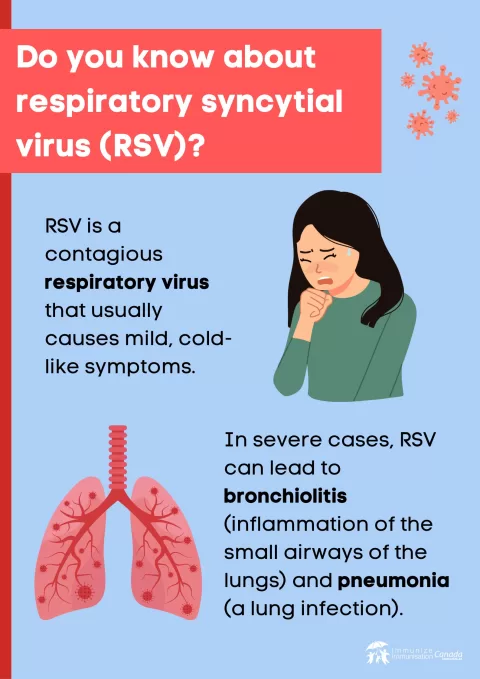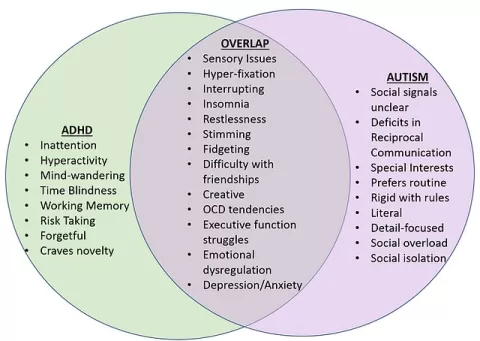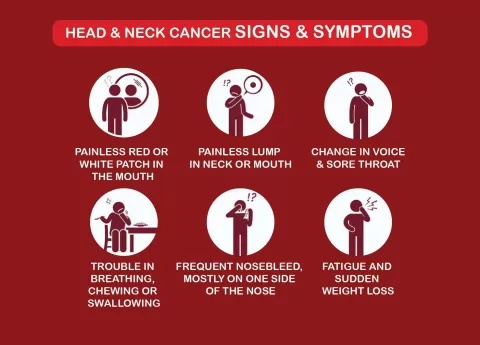Hearing loss in children is a crucial yet often overlooked issue that can have significant implications for speech and language development, as well as overall learning abilities. Understanding the causes of hearing loss in children, ranging from genetic factors to temporary ailments like ear infections, is essential for early diagnosis and intervention. Parents and caregivers should be vigilant about recognizing the signs of hearing loss in kids, especially if they notice their child frequently asks to repeat questions or seems unresponsive during conversations. Fortunately, there are various hearing loss treatment options available, including hearing aids and cochlear implants, to help affected children thrive. Timely action can prevent speech delays and ensure that every child has the opportunity to communicate effectively and reach their full potential.
When discussing auditory challenges faced by the younger population, it’s important to address pediatric auditory impairment. This condition, which can manifest as either temporary or permanent hearing loss, can stem from various sources including environmental factors, infections, or even congenital issues. Parents must be educated about how to recognize early indicators that their child may experience difficulties in hearing, which is pivotal for successful intervention. Exploring the spectrum of treatment solutions—ranging from assistive listening devices to rehabilitative therapies—can provide avenues for enhancing the lives of children affected by this challenge. By prioritizing early assessment and support, families can lay the groundwork for a brighter, sound-filled future.
Understanding Hearing Loss in Children: Key Causes
Hearing loss in children can arise from a variety of causes that may significantly differ depending on individual circumstances. One of the most prevalent causes is environmental factors, such as exposure to loud noises that can damage auditory sensory cells, leading to temporary or permanent hearing impairments. Additionally, children may experience temporary hearing loss due to ear infections, which, while common, can impact their ability to hear clearly during critical developmental stages.
Another significant cause of hearing loss relates to genetic and congenital conditions. Conditions like Down syndrome or Usher syndrome can predispose children to hearing difficulties. Premature births also increase the risk of hearing loss due to complications that can affect the auditory system. Understanding these causes aids caregivers and healthcare providers in diagnosing hearing issues early, allowing for timely intervention and support.
Recognizing the Signs of Hearing Loss in Kids
The signs of hearing loss in kids often manifest in subtle ways that can be overlooked by parents. For instance, if a child frequently asks people to repeat themselves, or appears to be inattentive in classroom settings, these behaviors may signal a hearing issue. Other indicators may include an unusual reliance on visual cues, such as watching mouths closely while others speak, or an apparent struggle to understand instructions, which can lead to academic challenges.
Additionally, parents may notice their child reacts atypically to sounds; they might not respond when their name is called or may seem unaware of environmental sounds that others easily hear. Monitoring these behavioral cues is crucial, as early detection can help in mitigating long-term impacts on communication skills and social development.
Diagnosing Hearing Issues: The Importance of Early Intervention
Early diagnosis of hearing loss in children is critical for effective management and treatment. Pediatricians usually conduct routine hearing screenings for newborns and young children, but parents are encouraged to seek further evaluation if there are any concerns. Comprehensive audiological assessments can identify both temporary and permanent hearing loss, guiding medical professionals on the most appropriate interventions.
Involving specialists, such as pediatric audiologists, can ensure a thorough evaluation. Different types of hearing tests, including pure-tone and otoacoustic emissions testing, help clinicians understand the nature of the hearing loss. Early diagnosis facilitates timely treatment, making it possible for children to achieve important developmental milestones in speech and language.
Treating Hearing Loss: Options for Children
When addressing hearing loss in children, multiple treatment options are available, tailored to the child’s specific needs and circumstances. Hearing aids, for example, amplify sound and are effective for a significant number of children, enhancing their ability to engage in conversations and educational activities. Studies have shown that early use of hearing aids contributes to improved speech and language skills.
For cases where hearing aids are insufficient, cochlear implants may be recommended. These devices provide a sense of sound to those with severe hearing loss by directly stimulating the auditory nerve. Furthermore, therapies like hearing habilitation teach children additional skills to support their communication, such as lip-reading and utilizing visual cues effectively.
Exploring Temporary vs. Permanent Hearing Loss in Children
Hearing loss in children can be either temporary or permanent, with specific causes associated with each type. Temporary hearing loss mainly occurs due to conditions like ear infections or temporary blockage caused by fluid buildup. Typically, these types of hearing issues resolve with appropriate medical treatment, and children often regain their hearing completely.
Conversely, permanent hearing loss can result from genetic disorders, prolonged exposure to harmful noise levels, or significant trauma. Such challenges require a more comprehensive management approach, often involving the use of technology like hearing aids or implants to help the child navigate their auditory environment.
Identifying Risk Factors for Hearing Loss in Children
Identifying risk factors for hearing loss in children enables proactive measures to be taken early on. Genetic predispositions are a common risk, as hearing loss can run in families or be associated with congenital conditions. Birth complications such as low birth weight or extended time in neonatal intensive care units also increase potential risks for hearing loss.
Additionally, repeated ear infections during formative years can impact auditory development. Understanding these risk factors can guide parents in seeking timely interventions and monitoring their child’s hearing health closely.
The Role of Pediatricians in Diagnosing Hearing Loss
Pediatricians play a crucial role in the early identification of hearing loss in children. They routinely conduct hearing screenings during well-child visits and can quickly spot signs of hearing impairment during developmental assessments. If any concerns arise, they can initiate a referral to an audiologist or ear, nose, and throat (ENT) specialist for more detailed evaluation.
Creating a collaborative approach, pediatricians help educate parents about the importance of monitoring their child’s hearing ability. They encourage proactive communication about any signs of hearing loss, ensuring that children receive timely diagnosis and appropriate interventions.
Understanding the Impact of Hearing Loss on Development
The impact of hearing loss on a child’s development cannot be understated. Untreated hearing impairments can severely hinder the development of language, communication skills, and social interaction. Children who experience early hearing loss often face challenges in academic settings, which can create a compounding effect on their educational achievements over time.
Yet with appropriate treatment and support, children with hearing loss can achieve similar milestones to their hearing peers. Intervention strategies, including specialized education and social skills training, play a vital role in supporting their development, highlighting the need for early diagnosis and treatment.
Tips for Parents: What to Do if You Suspect Hearing Loss
If you suspect that your child has hearing loss, the first step is to consult with a healthcare provider. Parents should document specific behaviors they have noticed, such as difficulty following conversations or frequent requests for repetition, as this information will assist the healthcare provider in making a comprehensive evaluation.
Additionally, being proactive about regular hearing screenings, especially in high-risk children, is essential. Engaging with educators and specialists who can monitor and support a child’s auditory development can facilitate a more integrated approach to managing hearing loss effectively.
The Importance of Ongoing Support for Hearing Impairments
Ongoing support for children experiencing hearing loss is critical not only for aiding communication but also for ensuring their emotional well-being. Regular follow-ups with audiologists and therapists can help parents stay informed about new strategies and technological advancements that can assist their child.
Joining support groups can also be beneficial, as they provide a community for sharing experiences and obtaining valuable resources. By fostering a supportive environment, parents can empower their children to thrive despite the challenges posed by hearing loss.
Frequently Asked Questions
What are the common causes of hearing loss in children?
The common causes of hearing loss in children include temporary factors like earwax blockage and ear infections, and permanent issues such as genetic conditions, premature birth, ear malformations, and long-term noise exposure. Understanding the causes can help target appropriate hearing loss treatment options.
What signs of hearing loss in kids should parents look for?
Signs of hearing loss in kids may include not responding when their name is called, having difficulty following instructions, frequently asking for repetition, speaking at excessive volumes, and displaying frustration in noisy environments. Early identification is crucial for effective intervention.
How is hearing loss diagnosed in children?
Diagnosing hearing loss in children typically involves hearing screenings conducted at birth, during preschool, and at regular pediatric check-ups. If concerns arise, parents can request additional evaluations by audiologists and otolaryngologists to confirm hearing issues.
What are the available hearing loss treatment options for children?
Hearing loss treatment options for children may include hearing aids, cochlear implants, bone-anchored hearing aids, frequency modulation (FM) systems, and hearing habilitation therapies to help them communicate effectively and adapt to their hearing challenges.
Can temporary hearing loss in children lead to permanent issues?
Yes, while temporary hearing loss in children, often caused by infections or earwax blockage, can resolve, repeated episodes or lack of treatment may lead to permanent damage. It’s essential to monitor and address hearing issues promptly to prevent long-term effects.
How can parents support their child with hearing loss?
Parents can support their child with hearing loss by seeking timely evaluation and diagnosis, exploring treatment options like hearing aids or cochlear implants, utilizing communication strategies like visual cues and lip-reading, and fostering an inclusive environment that encourages their child’s communication skills.
What is the impact of untreated hearing loss on children?
Untreated hearing loss can significantly affect a child’s speech and language development, academic performance, and social interactions. Early diagnosis and intervention are crucial to mitigate these impacts and support a child’s overall quality of life.
What should I do if I suspect my child has hearing loss?
If you suspect your child has hearing loss, it’s essential to make an appointment with their pediatrician as soon as possible. They can conduct a screening and refer you to specialists for comprehensive evaluation and support tailored to your child’s needs.
| Key Points |
|---|
| Hearing loss in children can affect speech and language development. |
| Common causes include temporary factors like ear infections and earwax blockage, as well as permanent conditions like genetic disorders and trauma. |
| Signs of hearing loss include limited speech skills, difficulty understanding instructions, and high volume preferences for media. |
| Diagnosis typically involves hearing screenings at various stages of childhood, with immediate evaluations recommended if hearing issues are suspected. |
| Treatment options range from hearing aids and cochlear implants to habilitation therapies aimed at improving communication skills. |
Summary
Hearing loss in children is a significant issue that can have lasting effects on their development. Early diagnosis and treatment are crucial to mitigate the impacts on speech and language skills. Parents should be vigilant about potential signs of hearing loss, such as difficulty in responding or frequent misunderstandings in communication. With advancements in medical technology and therapeutic approaches, many children can receive the support they need to thrive. Overall, prompt action can lead to positive outcomes and improved quality of life for affected children.
The content provided on this blog (e.g., symptom descriptions, health tips, or general advice) is for informational purposes only and is not a substitute for professional medical advice, diagnosis, or treatment. Always seek the guidance of your physician or other qualified healthcare provider with any questions you may have regarding a medical condition. Never disregard professional medical advice or delay seeking it because of something you have read on this website. If you believe you may have a medical emergency, call your doctor or emergency services immediately. Reliance on any information provided by this blog is solely at your own risk.



